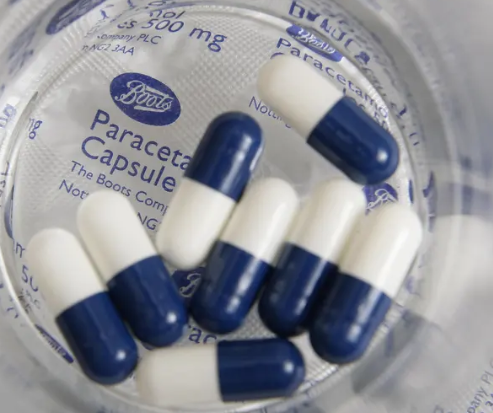“Miss it and they get on your back,” said Tony.
“未完成目标,它们就会骑在你背上,”托尼说。
He adopted a manager’s whine: “You’ve done three MURs less than you should have done this week.”
他接受了经理的牢骚:“这周你只完成了3次药物使用检查,少于你应该完成的量。”
A Boots pharmacist from another region described to me a recent staff awayday at which
一位来自另一个地区的博姿药剂师向我描述了最近的员工外出日,
he and his colleagues were told: “400 MURs is an expectation now. We don’t need to tell you that.”
他和他的同事们被告知:“现在估计是400次。我们不需要告诉你这些。”
I have seen a 2008 email from a Boots area manager in yet another part of the country that states:
我曾在2008年在另一个地方看到过一封来自博姿地区经理的邮件,邮件中写道:
I personally don’t want colleagues to feel ‘brow-beaten’,
我个人不希望同事们感到“恐吓”,
but we do need to deliver our targets of 400 MCUs (medicine check-ups – another name for MURs) per store this financial year for two reasons:
但我们确实需要在本财政年度每家药店完成400次药物使用检查(药物使用检查——MURs的另一个名字)的目标,原因有二:
1. Delivering 400 MCUs is a measure of Excellent Patient Care.
1. 提供400次药物使用检查是对优秀病人护理的一种衡量。
2. The company can make 28 pounds profit for each MCU, so each one we don’t deliver is a lost 28 pounds.
2. 公司可以凭每次药物使用检查赚28磅的利润,所以每少一次就是损失28英镑。

So keen was Tony’s store to make that profit, he claims it did reviews on anyone, no matter how unsuitable.
托尼的商店是如此热衷于赚取利润,他声称它会检查任何人,无论多么不合适。
Tony himself was told to have one – and to give one to a patient with severe dementia.
托尼自己也被告知要做一次,并给一个患有严重痴呆症的病人做一个。
His manager came in for one – no sooner had it begun than she walked out, but it still went towards the total.
他的经理就来做了一次,刚一开始她就走了出去,但这仍然算入总数。
All so the shop could earn that extra 11,200 pounds from a scheme intended to help the sick.
这样,这家商店就可以从一项旨在帮助病人的计划中多赚11200英镑。
(Asked to comment, Boots said: “We make it clear to our colleagues that these services should not be undertaken inappropriately.”)
(当被问及对此的看法时,博姿表示:“我们向同事明确表示,这些服务不应被不当使用。”)



